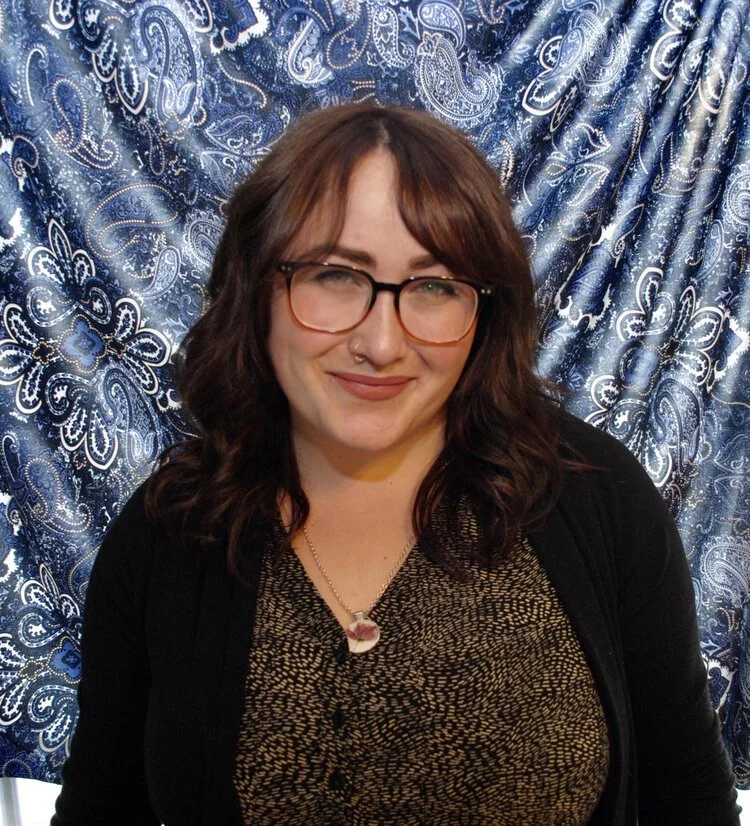Dr. Cheryl Hopson: A Lifetime on the Pages
/Yes. So I, for example, I'm not an accountant, and I'm not a chemist. I am very good at what I am good at and I love it and I value it so much. And so I recognize it as my gift, and my mother has always said to me, when you've been given a gift, it is your responsibility to share it. Now, she has her religious background. But I have that belief also. Probably because I'm her daughter, but also because my grandmother said the same. And whatever that gift is, if you are really good at making people laugh--I love comedians. I do. Probably because of all the trauma, but for me, laughter is healing. So if you can also read one of my poems and smile or laugh, that's awesome. I like that.
Read More


